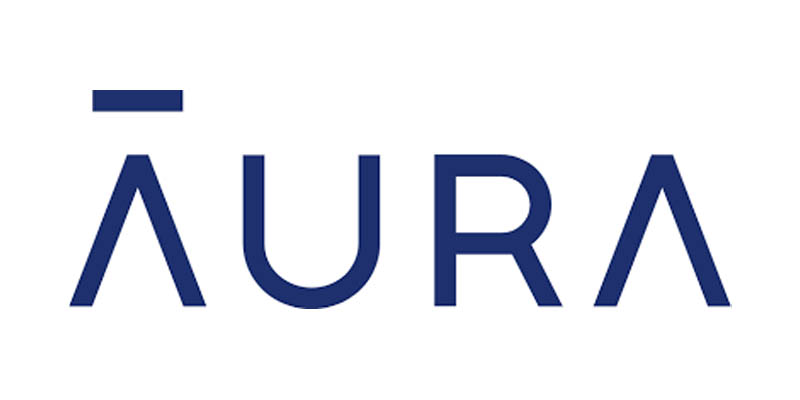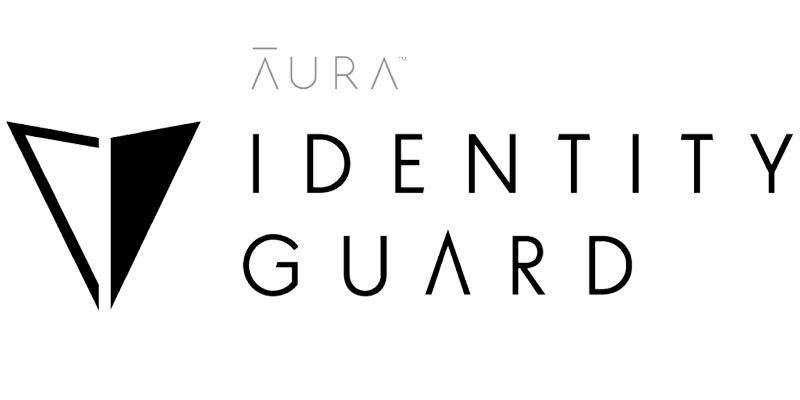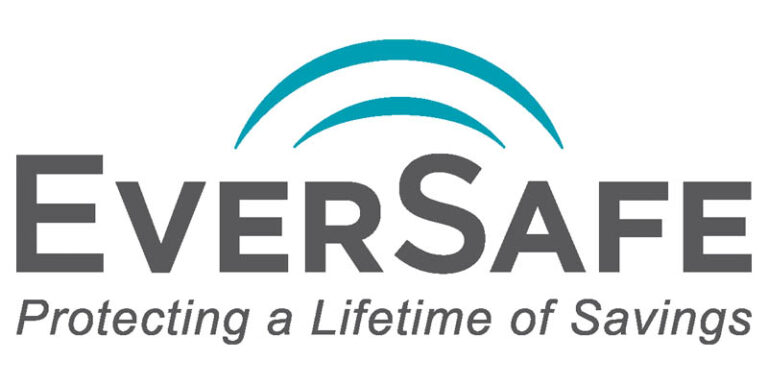Identity Theft and Social Media: What You Need to Know
Updated:
Retirement Living takes an unbiased approach to our reviews. We may earn money when you click a partner link. Learn More

With 82% of U.S. residents maintaining at least one social media profile, it’s not hyperbole to say that nearly everyone is online these days—including people with less-than-honorable intentions..
And as social media usage explodes, many criminals use these sites as hunting grounds for their next victim. In 2022, the Consumer Sentinel Network saw 5.1 million reports of fraud and identity theft. Nearly 23% of those reports stemmed from email and social media.
Great for cybersecurity support
Aura Identity Theft Protection
- Plans can include members of different households
- Investment account monitoring
Public Communication Makes Social Media Identity Theft Possible
While social media giants like Facebook and Twitter do their best to safeguard customer information, hacks still happen. Communication platforms are rife with information scammers can grab and use against you in various fraud schemes, including identity theft, ransomware attacks, and data breaches.
Fun quizzes and games might seem harmless, but scammers can easily replicate them, ask for permission to access certain information on your device, and then run wild with your data.
Most telling is the human tendency to overshare online. In mere minutes, thieves can find your birthday, employment history, location, and family members to scam or impersonate you. The rise of social media influencers has led to an increase in social media impersonation—or deepfakes—in which scammers use pictures and information to create fake profiles to trick people out of money. But you don’t have to be internet famous to be at risk of identity fraud. Sometimes they’ll use information from everyday people to create fake accounts asking for money because of an emergency. People on social media have often been swindled by someone they thought was a friend or family member.
Who Is Most At Risk of Social Media Identity Theft?

Fraud victims in the U.S. reported losing nearly $800 million through social media in 2021 alone, according to the FTC.
And while seniors are often vulnerable to identity theft across all methods, including social media, a recent study from Pew Research Center showed that teens are among the most targeted because they have clean credit histories and parents are less likely to monitor their credit reports. Tech-savvy teens are also more apt to overshare online, making them easy targets of social media-related identity theft.
How to Protect Yourself From Social Media Identity Theft
To ensure you’re staying safe on social media, you must control what you share. Here’s a list of tips for keeping your identity secure on social media:
Be Cautious of Online Chatbots
Most of today’s live chat providers offer some level of password protection and data encryption, but to be sure, never enter information like your Social Security number or your driver’s license number through a social media chat, even if you think it’s a person you know.
Choose Strict Privacy Settings for Your Profiles
Adjust your privacy settings across Facebook, Twitter, Pinterest, Instagram, and LinkedIn accounts. Ensure all your personal information—such as your birthday, current location, hometown, family members, and workplace—is private or visible only to your friends. When your privacy settings are lenient, you give strangers easy access to all your information, no technical hacking strategies needed.
Avoid Location-Based Tags and Regularly Audit Your Connections
A real-time post that tags your dinner location is an informational treasure trove for scammers who can easily learn your schedule and make you vulnerable to attack. You can also help minimize information sharing and safeguard your identity by connecting only with people you know.
Create Strong Passwords
Weak and repetitive passwords are easy to crack. Use combinations with numbers, letters, and symbols and use a password manager program to remember them. If you find out your information on a site has been hacked, immediately change that password (and any similar passwords).
Using the same password for multiple accounts makes it easier for a nefarious person to access more than just your social media profiles. Hackers bank on people using the same credentials for bank accounts, retirement accounts, and credit card accounts, so it’s important to create different passwords for each account.
Use Identity Theft Protection Software and Multi-Factor Authentication
Comprehensive identity theft protection services can help protect you while chatting, shopping, and connecting online. To further safeguard your personal information, consider using Multi-factor Authentication (MFA), which requires you to provide two or more verification factors to gain access to an account. These added security features make it tougher for hackers to access your accounts.
Keep Your Personal Info Private On Social Media
With each birthday post or employment status update, you give hackers access to key information they can use against you. Avoid the urge to share the high schools and colleges you attended, the city you live in, and even your pets’ names. If this type of information is required to set up an account, offer a generalized version, such as metropolitan geographic locations or cities instead of zipcodes and towns.
Compare Top Identity Theft Protection Companies
Is Social Media Worth the Risk?
Don’t let fear keep you away from social media. It’s a great tool for keeping in touch with friends and family and staying current on world happenings. Never enter anything into social media (even in a private message) that you wouldn’t write on a public wall and read about ways to prevent identity theft before it happens. Keeping safe on social media is all about how you use it.


